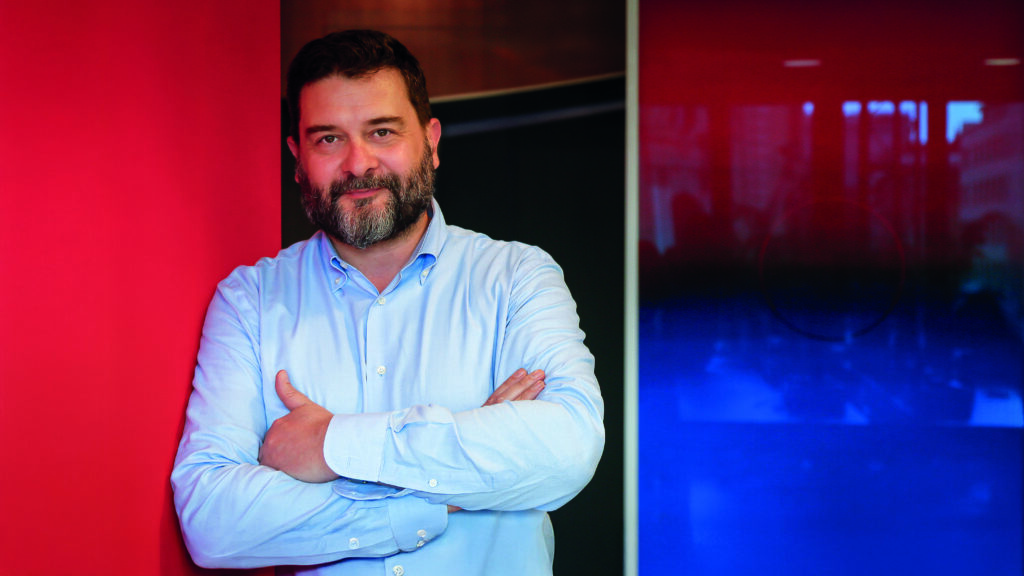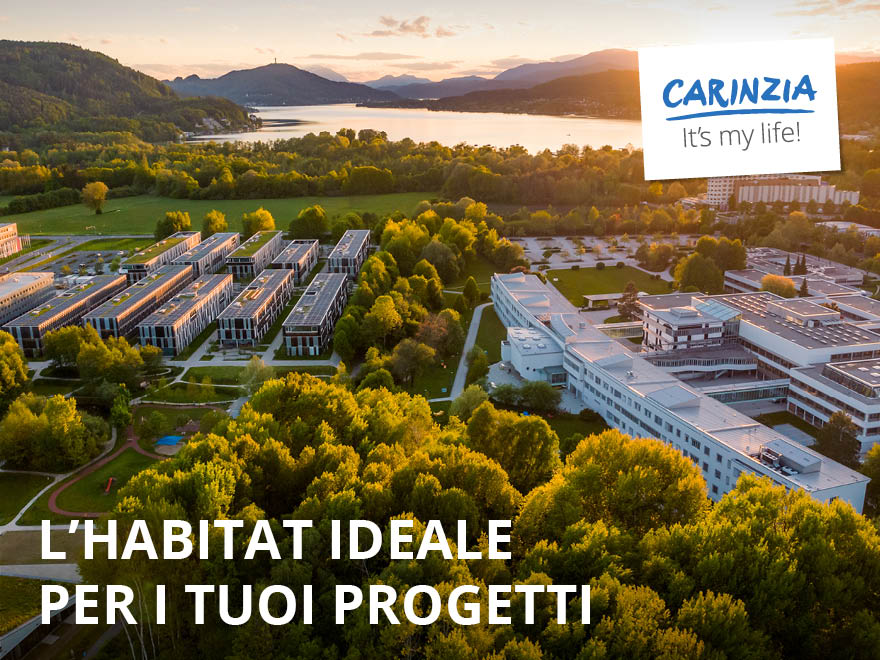How an algorithm can replace a physical sensor and unlock new industrial frontiers
From premium automotive to healthcare, from energy to aerospace, an innovative SME born at Politecnico di Torino is redefining the boundaries of industrial technology with patented solutions and a globally unique data-driven approach.
Turin, 2025 – In an era where artificial intelligence dominates the technological discourse, few companies can claim nearly twenty years of experience in the field like Modelway. Founded in 2004 as a spin-off of the Politecnico di Torino, this company stands as a prime example of how academic research can evolve into industrial excellence.
From university classrooms to the global market: The origins
Modelway was founded in 2004 as a spin-off from the Politecnico di Torino by a group of researchers from the Department of Automation and Computer Science, with the goal of bringing academic innovation into the industrial world.

“When the company was established, the term ‘artificial intelligence’ wasn’t even commonly used, although that’s exactly what we were doing,” recalls current CEO Francesco Pennaroli.
In its early years, the company worked primarily in the automotive sector, contributing to the development of technologies such as ADAS. Then, in 2021, it was acquired by Blue Think, the company from which Pennaroli originates: “This operation gave us the tools to plan for long-term growth, while maintaining its original mission and aiming to explore new sectors and applications.”
The virtual sensor revolution
Modelway’s flagship innovation is the Direct Virtual Sensor (DVS), a technology patented in Europe, the United States, and Japan, which is transforming the rules of the game in several industrial sectors.
“Imagine being able to measure physical quantities with absolute precision, without needing physical sensors,” explains Pennaroli. “Or to monitor parameters that no physical device could ever detect. That’s what we do every day.”
Iconic use cases
Among the most representative examples of Modelway’s approach, Pennaroli cites three emblematic cases.
The first is a virtual sensor developed for a sports car manufacturer, capable of measuring the vehicle’s slip angle in real time without any physical sensors, using only existing onboard data: “We built the sensor that isn’t there.”
The second involves NOx emission estimation in engines, achieved through an algorithm that processes combustion parameters such as mixture and engine speed, thereby replacing a physical sensor and reducing both cost and complexity: “If you know what’s happening upstream, you can be scientifically sure about what comes out downstream.”
Lastly, in the medical field, Modelway enhanced the accuracy of a device developed by a Swiss startup for measuring antibiotic resistance, by digitally filtering weak and unstable signals generated by bacterial cultures: “The physical sensor is made more accurate thanks to our algorithms.”
Beyond sensors: Intelligent control
Modelway’s expertise goes beyond measurement. “We develop complete control systems,” notes Pennaroli.

“In the energy sector, for example, we optimize smart grid performance to reduce emissions. In the building industry, we improve the air quality delivered by HVAC systems while reducing the number of installed sensors. Each sector has its own challenges.”
A Cross-industry philosophy: A defining strength
What makes Modelway unique is its cross-industry approach. “We’re not tied to a single industry,” the CEO emphasizes. “This freedom allows us to transfer know-how across different domains, generating radical innovation.”
A vision confirmed by its client portfolio: from major Italian players in the automotive, energy, and defense sectors to initial international ventures in Switzerland and the United Kingdom.
The European challenge and future vision
With a team of 15 people and offices in downtown Turin, Modelway aims to strengthen its international presence. “We’re an Italian SME with European ambitions,” concludes Pennaroli. “Our strength lies in combining the agility of a small company with the vision of a global player.”
Looking ahead, Modelway is exploring two promising directions:
Data privacy solutions
“Many companies are reluctant to use LLMs due to confidentiality concerns,” explains Pennaroli. “We’re developing systems that keep data secure while still reaping the benefits of AI.”
Specialized vertical models
“Unlike general-purpose models like ChatGPT, we build ultra-specialized systems for specific domains, with lower computational requirements but superior performance.”
Among the projects underway are expansion into new markets and the development of additional applications for DVS technology, confirming that Italian technological excellence can indeed compete on the global stage.
For information and collaborations:
Modelway S.r.l.
Headquarters: Turin
Website: www.modelway.it
Email: info@modelway.it





